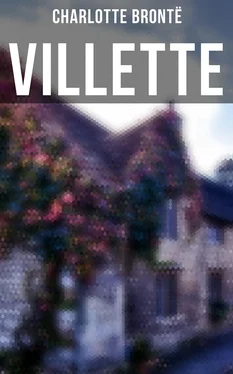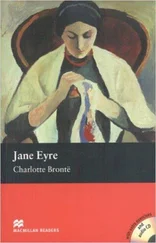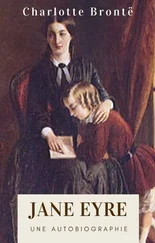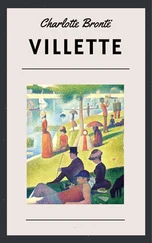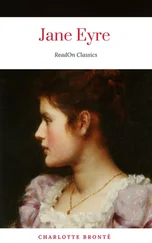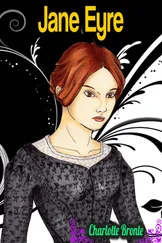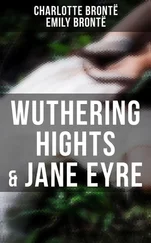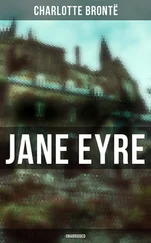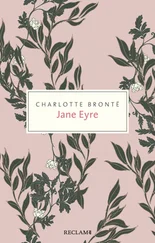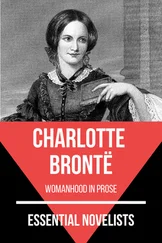1 ...8 9 10 12 13 14 ...31 “‘Maria,’ he said, ‘I am dying in Paradise.’ He spent his last breath in faithful words for me. When the dawn of Christmas morning broke, my Frank was with God.
“And that,” she went on, “happened thirty years ago. I have suffered since. I doubt if I have made the best use of all my calamities. Soft, amiable natures they would have refined to saintliness; of strong, evil spirits they would have made demons; as for me, I have only been a woe-struck and selfish woman.”
“You have done much good,” I said; for she was noted for her liberal almsgiving.
“I have not withheld money, you mean, where it could assuage affliction. What of that? It cost me no effort or pang to give. But I think from this day I am about to enter a better frame of mind, to prepare myself for reunion with Frank. You see I still think of Frank more than of God; and unless it be counted that in thus loving the creature so much, so long, and so exclusively, I have not at least blasphemed the Creator, small is my chance of salvation. What do you think, Lucy, of these things? Be my chaplain, and tell me.”
This question I could not answer: I had no words. It seemed as if she thought I had answered it.
“Very right, my child. We should acknowledge God merciful, but not always for us comprehensible. We should accept our own lot, whatever it be, and try to render happy that of others. Should we not? Well, tomorrow I will begin by trying to make you happy. I will endeavour to do something for you, Lucy: something that will benefit you when I am dead. My head aches now with talking too much; still I am happy. Go to bed. The clock strikes two. How late you sit up; or rather how late I, in my selfishness, keep you up. But go now; have no more anxiety for me; I feel I shall rest well.”
She composed herself as if to slumber. I, too, retired to my crib in a closet within her room. The night passed in quietness; quietly her doom must at last have come: peacefully and painlessly: in the morning she was found without life, nearly cold, but all calm and undisturbed. Her previous excitement of spirits and change of mood had been the prelude of a fit; one stroke sufficed to sever the thread of an existence so long fretted by affliction.
Chapter V.
Turning a New Leaf.
Table of Contents
My mistress being dead, and I once more alone, I had to look out for a new place. About this time I might be a little — a very little — shaken in nerves. I grant I was not looking well, but, on the contrary, thin, haggard, and hollow-eyed; like a sitter-up at night, like an overwrought servant, or a placeless person in debt. In debt, however, I was not; nor quite poor; for though Miss Marchmont had not had time to benefit me, as, on that last night, she said she intended, yet, after the funeral, my wages were duly paid by her second cousin, the heir, an avaricious-looking man, with pinched nose and narrow temples, who, indeed, I heard long afterwards, turned out a thorough miser: a direct contrast to his generous kinswoman, and a foil to her memory, blessed to this day by the poor and needy. The possessor, then, of fifteen pounds; of health, though worn, not broken, and of a spirit in similar condition; I might still; in comparison with many people, be regarded as occupying an enviable position. An embarrassing one it was, however, at the same time; as I felt with some acuteness on a certain day, of which the corresponding one in the next week was to see my departure from my present abode, while with another I was not provided.
In this dilemma I went, as a last and sole resource, to see and consult an old servant of our family; once my nurse, now housekeeper at a grand mansion not far from Miss Marchmont’s. I spent some hours with her; she comforted, but knew not how to advise me. Still all inward darkness, I left her about twilight; a walk of two miles lay before me; it was a clear, frosty night. In spite of my solitude, my poverty, and my perplexity, my heart, nourished and nerved with the vigour of a youth that had not yet counted twenty-three summers, beat light and not feebly. Not feebly, I am sure, or I should have trembled in that lonely walk, which lay through still fields, and passed neither village nor farmhouse, nor cottage: I should have quailed in the absence of moonlight, for it was by the leading of stars only I traced the dim path; I should have quailed still more in the unwonted presence of that which tonight shone in the north, a moving mystery — the Aurora Borealis. But this solemn stranger influenced me otherwise than through my fears. Some new power it seemed to bring. I drew in energy with the keen, low breeze that blew on its path. A bold thought was sent to my mind; my mind was made strong to receive it.
“Leave this wilderness,” it was said to me, “and go out hence.”
“Where?” was the query.
I had not very far to look; gazing from this country parish in that flat, rich middle of England — I mentally saw within reach what I had never yet beheld with my bodily eyes: I saw London.
The next day I returned to the hall, and asking once more to see the housekeeper, I communicated to her my plan.
Mrs. Barrett was a grave, judicious woman, though she knew little more of the world than myself; but grave and judicious as she was, she did not charge me with being out of my senses; and, indeed, I had a staid manner of my own which ere now had been as good to me as cloak and hood of hodden grey, since under its favour I had been enabled to achieve with impunity, and even approbation, deeds that, if attempted with an excited and unsettled air, would in some minds have stamped me as a dreamer and zealot.
The housekeeper was slowly propounding some difficulties, while she prepared orange-rind for marmalade, when a child ran past the window and came bounding into the room. It was a pretty child, and as it danced, laughing, up to me — for we were not strangers (nor, indeed, was its mother — a young married daughter of the house — a stranger) — I took it on my knee.
Different as were our social positions now, this child’s mother and I had been schoolfellows, when I was a girl of ten and she a young lady of sixteen; and I remembered her, good-looking, but dull, in a lower class than mine.
I was admiring the boy’s handsome dark eyes, when the mother, young Mrs. Leigh, entered. What a beautiful and kind-looking woman was the good-natured and comely, but unintellectual, girl become! Wifehood and maternity had changed her thus, as I have since seen them change others even less promising than she. Me she had forgotten. I was changed too, though not, I fear, for the better. I made no attempt to recall myself to her memory; why should I? She came for her son to accompany her in a walk, and behind her followed a nurse, carrying an infant. I only mention the incident because, in addressing the nurse, Mrs. Leigh spoke French (very bad French, by the way, and with an incorrigibly bad accent, again forcibly reminding me of our schooldays): and I found the woman was a foreigner. The little boy chattered volubly in French too. When the whole party were withdrawn, Mrs. Barrett remarked that her young lady had brought that foreign nurse home with her two years ago, on her return from a Continental excursion; that she was treated almost as well as a governess, and had nothing to do but walk out with the baby and chatter French with Master Charles; “and,” added Mrs. Barrett, “she says there are many Englishwomen in foreign families as well placed as she.”
I stored up this piece of casual information, as careful housewives store seemingly worthless shreds and fragments for which their prescient minds anticipate a possible use some day. Before I left my old friend, she gave me the address of a respectable old-fashioned inn in the City, which, she said, my uncles used to frequent in former days.
Читать дальше
